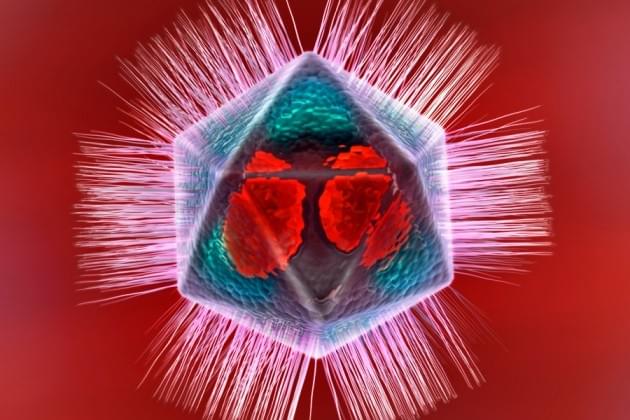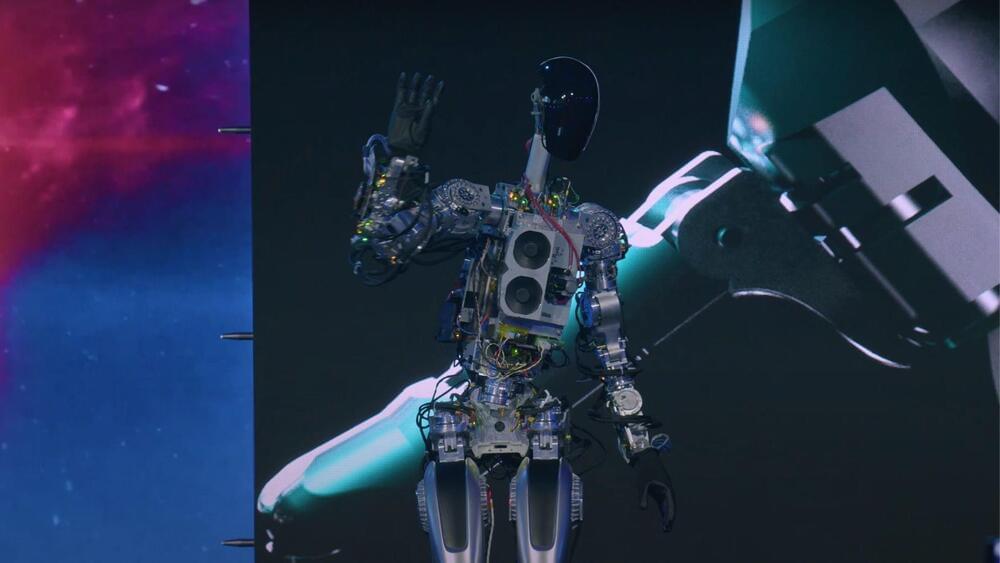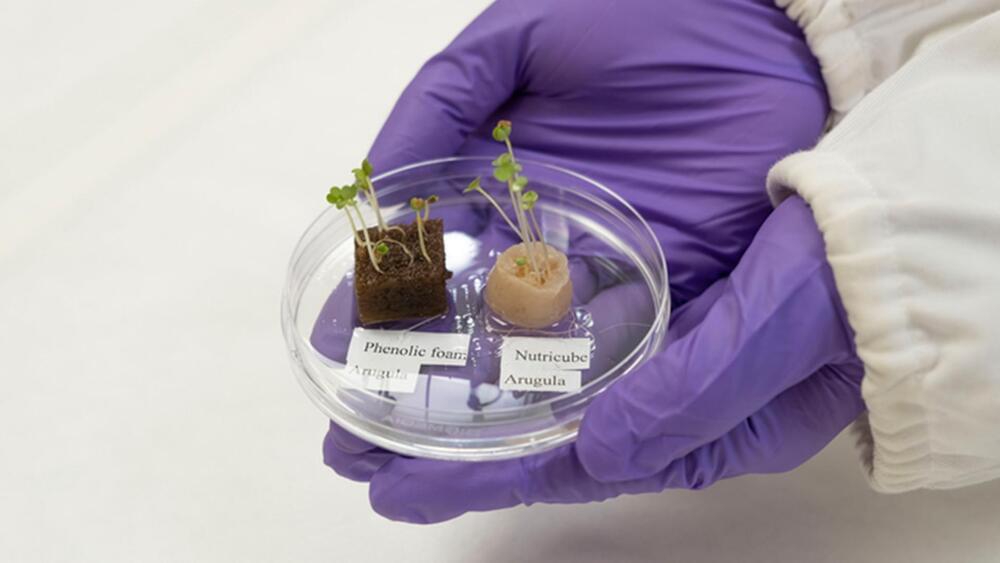More than 50 cases have been identified so far in an outbreak linked to the Sudan variant of Ebola virus, which has no approved treatment or vaccine.
Putin has previously threatened to resort to nuclear weapons if Russia’s goals in Ukraine continue to be thwarted. The annexation brings the use of a nuclear weapon a step closer by giving Putin a potential justification on the grounds that “the territorial integrity of our country is threatened,” as he put it in his speech last week.
He renewed the threat on Friday with an ominous comment that the U.S. atomic bombing of Hiroshima and Nagasaki created a “precedent” for the use of nuclear weapons, echoing references he has made in the past to the U.S. invasion of Iraq as setting a precedent for Russia’s invasion of Ukraine.
Summary: Neurons in the memory-associated entorhinal cortex of super-agers are significantly larger than their cognitively average peers, those with MCI, and even in people up to 30 years younger. Additionally, these neurons contained no signs of Tau, a hallmark of Alzheimer’s disease.
Source: Northwestern University.
Neurons in an area of the brain responsible for memory (known as the entorhinal cortex) were significantly larger in SuperAgers compared to cognitively average peers, individuals with early-stage Alzheimer’s disease and even individuals 20 to 30 years younger than SuperAgers — who are aged 80 years and older, reports a new Northwestern Medicine study.
Based on an analysis of just under half a million records in the UK Biobank, people who drink two to three cups of coffee each day tend to live longer and exhibit less cardiovascular disease compared with those who abstain from the beverage.
While the research doesn’t claim drinking more coffee adds years to your life, it’s nevertheless an intriguing association that scientists are keen to investigate further. It’s also important to weigh the findings against previous studies linking brain shrinkage and an increased risk of dementia with a daily habit of six or more cups of coffee.
“In this large, observational study, ground, instant and decaffeinated coffee were associated with equivalent reductions in the incidence of cardiovascular disease and death from cardiovascular disease or any cause,” says electrophysiologist Peter Kistler, from the Baker Heart and Diabetes Institute in Australia.
All humans are believers
Posted in futurism
Science and religion both flirt with the unknown. Belief is not just about God or ghosts but is an essential need for all humans.
Circa 2016 Basically this could be modified to make our own immune system more advanced to evolve to each virus by itself.
Mimivirus defence system might lead to new genome-editing tools.
Tesla DOJO Update Explained
Posted in robotics/AI
Tesla AI Day 2022 was one of the best technology presentation since long time! In this video I discuss Tesla DOJO updates from Tesla AI Day 2022.
#Tesla #AIDay2022
Support me on Patreon: https://www.patreon.com/AnastasiInTech.
There was in-depth engineering rundowns as Musk asks AI experts to join Tesla and help build a better society.
Tesla AI Day 2022 explored the processes required to mimic the human, driver and worker. The autonomous robot and car were laid out in detail, from an engineering point of view. Elon Musk, the CEO of Tesla, opened the event, and laid out this event’s main focus, including the public in the Tesla projects, especially Optimus Tesla Bot.
The Optimus project begun in April 2022, with a concept of a fully autonomous humanoid robot, that is mass-produced and inexpensive enough that it is accessible to the average person.
Musk introduced the project lead engineer and her assistants.
Tesla.
The keratin-based substrate is biodegradable, eco-friendly, sustainable, and could revolutionize urban farming.
Scientists at NTU grew crops from discarded clumps of hair. Hair served as the growth medium instead of soil.
The research is crucial to a more sustainable form of urban farming.
In a lab at Nanyang Technological University (NTU), Singapore, scientists have been growing crops — leafy vegetables, micro greens, rocket leaves, and the Chinese cabbage bok choy — using discarded hair collected from salon floors.
NTU
Doesn’t sound too appetizing, does it?
The rocket managed to make to the orbit and deliver all three of its payloads.
There was much to celebrate on Saturday as Firefly Aerospace’s Alpha rocket successfully delivered a few tiny satellites to Earth orbit for the first time ever, according to an article by Space.com
Making orbit and delivering payloads
The rocket lifted off from California’s Vandenberg Space Force Base on October 1 at 3:01 a.m. EDT (12:01 a.m. local California time; 701 GMT) and managed to make to orbit and deliver all three of its payloads.









